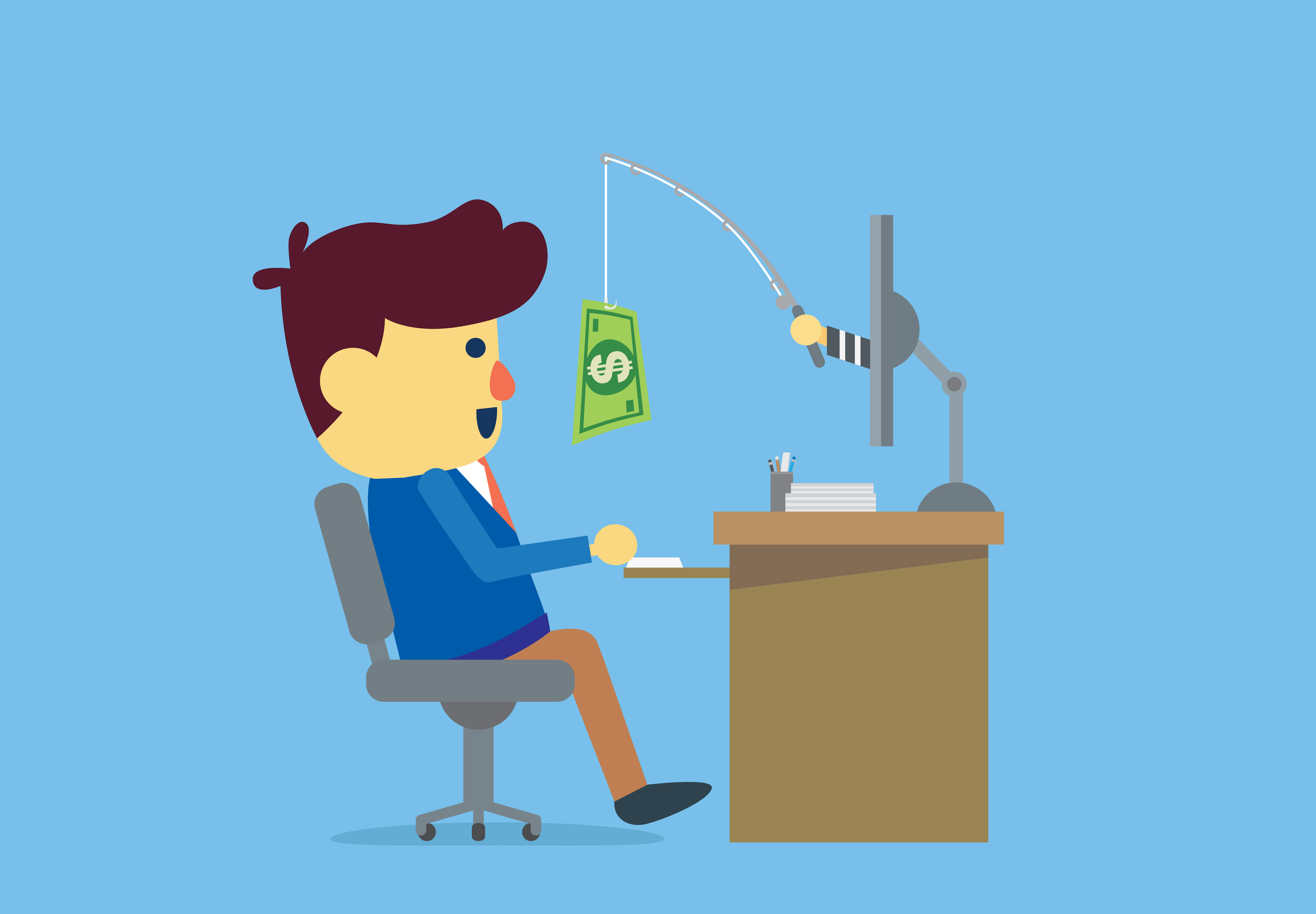Want to take out membership to the yacht-sailing, Champaign-drinking, Lamborghini-driving billionaire’s club? But can’t actually be stuffed learning how to trade the forex market?
Well, then let me take the chance to welcome you to the SUCKERS club! You’ve been cheated left, right and center! And I’ll just take those car keys, thanks!
If there is one rule that you have to know before you partake in the truly exciting world of forex trading, is that there are fraudsters lurking, well… everywhere. The best way that you can brace yourself against the industry’s scammers, is by smartening up. First, get savvy with a few different trading styles and know how to work them to make your millions, but also know exactly the risks that you’re up against.
Risk #1: Promotions offering get rich schemes like “Invest with us today, and be a millionaire tomorrow” or “We’ll let you leverage your forex trades by a gazillion percent!” or “Try social trading, where you can just sit back and let the money roll in”. While obviously you might not be a sucker of the highest order to fall for these frauds, there are many who are. The reality is that just like there are no pots of gold at the end of rainbows, Santa clauses bearing gifts or tooth fairies who will pay for human decay, in forex as well, there are no easy wins. Just like any other financial market, wins in forex are made by studying the charts and analyzing the security. Sorry.
Risk #2: Ever had the dream of handing over your hard earned money to a forex account manager and letting them “invest” it for you, so that they can take holidays to the Bahamas? No? What a surprise! While the idea of an account manager can sound very appealing — Who else better to invest for you, than a “professional” who understands the market better than you do? — many account managers are fraudsters. Not all, but most.
In the worst cases the account manager who claims to trade the investors capital for a percentage of the profits, actually just appropriates the funds for themselves. Not all Forex managed accounts are out there to scam you, some are indeed well qualified to trade your money, but in that case you need to do research about them. What is their track record? Are they registered? By Whom? Know their trading technique and make sure you’ve read a lot of positive recommendations.
Risk #3: Be very weary of those selling forex robots, typically known as Expert Advisors (or EAs). These robots are programmed to apply technical market signals to buy and sell trades, while the human slips away from their desk to make money while snoozing on the beach. Sounds too good to be true? Well, the grand scheme has it that with a flick of a switch the forex robot starts to apply mathematical algorithms based on past price history to action trades. As sexy as it all sounds, forex trading is not as simple as applying an equation. Market behavior is dynamic and constantly fluctuating. While it is possible to predict the market, it is only ever successful by applying multiple tools and indicators. The market is just too unpredictable to have just one program for all contexts. As a result, losses can be made and they can be particularly bad in free fall, with an absent investor dozing off on a hammock.
Risk #4: Make sure that your broker is one of the good guys. All brokers have spreads; these are the fees they build into placing your trades. Reasonable spreads should be between 2 to 3 pips; outrageous spreads are around 7 to 8 pips. While this may not sound like a lot, over many short day trades this amount adds up fast! Your broker might also be a B-booker, which means that instead of passing your trade onto an exchange, they’re betting against you themselves. Which means your loss is their win To mitigate this risk you need to make sure that your broker is at least regulated, ideally, by a well-respected regulatory body.
With these being the main risks that you need to be aware of, forewarned is forearmed.
Now, start learning how to trade!
